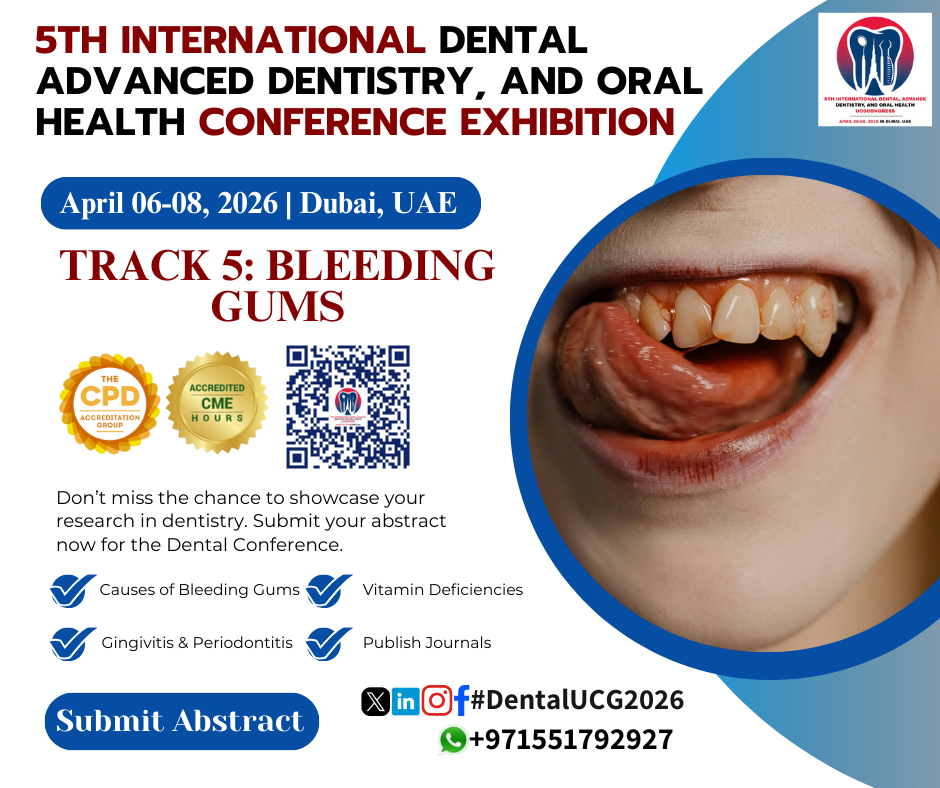





Sub-Tracks of Bleeding Gums:
Causes and Risk Factors, Diagnosis, Treatment Options, Prevention, Complications,
Nutritional Considerations of Bleeding Gums:
Ensuring adequate intake of specific vitamins and minerals is crucial for gum health. Vitamin C supports collagen production and tissue repair, preventing bleeding gums. Vitamin K is important for blood clotting, and insufficient levels can lead to excessive bleeding. Calcium is vital for maintaining healthy teeth and gums, while iron supports healthy blood circulation, with deficiencies potentially worsening gum bleeding. Omega-3 fatty acids help reduce inflammation in the gums, and antioxidants found in fruits and vegetables combat oxidative stress and support overall gum health. A balanced diet with these nutrients can help prevent and manage bleeding gums.
Determine the Bleeding Gums requirements:
To address bleeding gums, maintain proper oral hygiene by brushing with a soft-bristled toothbrush and fluoride toothpaste, and floss daily. Ensure a balanced diet with essential vitamins and minerals, such as vitamin C, vitamin K, calcium, iron, omega-3 fatty acids, and antioxidants. Schedule regular dental visits for check-ups and cleanings. Identify and manage underlying conditions like diabetes or blood disorders that may contribute to gum bleeding. Use recommended mouthwashes or rinses with antimicrobial or anti-inflammatory properties, and employ gentle brushing and flossing techniques. Review and adjust any medications that may contribute to bleeding gums, and educate patients on recognizing symptoms and practicing good oral care.